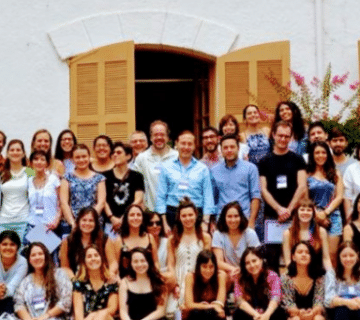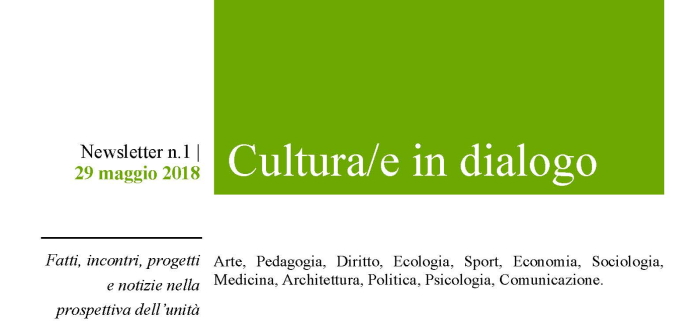 Many participants of the Sociology Congress were of the opinion that in this period marked by rapid changes, there is an urgent need for social scientists to focus their attention not only on contradictory and conflictual social relations but also on relations of concord and communion currently operating in society. This concept was highlighted by Chiara Lubich in her message to the assembly, in which she affirmed that “fraternity” is a spiritual principle which, at the same time, is also an anthropological, sociological and political category, capable of unleashing a process of global social renewal.” Such a proposal is the fruit of decades of experience on the personal level as well as on the level of political institutions and economic structures.
Many participants of the Sociology Congress were of the opinion that in this period marked by rapid changes, there is an urgent need for social scientists to focus their attention not only on contradictory and conflictual social relations but also on relations of concord and communion currently operating in society. This concept was highlighted by Chiara Lubich in her message to the assembly, in which she affirmed that “fraternity” is a spiritual principle which, at the same time, is also an anthropological, sociological and political category, capable of unleashing a process of global social renewal.” Such a proposal is the fruit of decades of experience on the personal level as well as on the level of political institutions and economic structures.
The Congress was particularly characterized by dialogue – in the sociological discipline this is the typical relationship between theory and practice – as illustrated by experiences made in the most varied social and cultural contexts. The experiences shared were those of representatives from the La Pira Cultural Center in Florence (Italy), which welcomes foreign students of different cultures and religions; from an Italian drug rehabilitation center; from the international center for families at the Focolare little town of Loppiano (Incisa Valdarno, Florence). The experience of integration between Europeans and Africans was also presented through the life of Fontem, a little town situated in a forest in the Cameroon, and home of the Bangwa tribe, a people deeply rooted in its traditions.
 A sociological analysis of the different experiences put into evidence possible new models, new schemes of application such as the “paradigm of unity.” This was the subject matter of the talk offered by Polish professor, Adam Biela, former Dean of the Faculty of Sociology of the University of Dublin and now senator. The same sociological category was elaborated on by Brazilian sociologist, Vera Araujo, who called it the paradigm of unity-fraternity, which is capable of recognizing relations of unity and distinction, reciprocity, gift and communion. At the end of the Congress, as Vera Araujo remarked, an “initial scientific community was created. It has adopted these paradigms, these new strategies of research, in its common search of new perspectives for the sociological sciences.”
A sociological analysis of the different experiences put into evidence possible new models, new schemes of application such as the “paradigm of unity.” This was the subject matter of the talk offered by Polish professor, Adam Biela, former Dean of the Faculty of Sociology of the University of Dublin and now senator. The same sociological category was elaborated on by Brazilian sociologist, Vera Araujo, who called it the paradigm of unity-fraternity, which is capable of recognizing relations of unity and distinction, reciprocity, gift and communion. At the end of the Congress, as Vera Araujo remarked, an “initial scientific community was created. It has adopted these paradigms, these new strategies of research, in its common search of new perspectives for the sociological sciences.”


 Italiano
Italiano Español
Español Français
Français Português
Português


